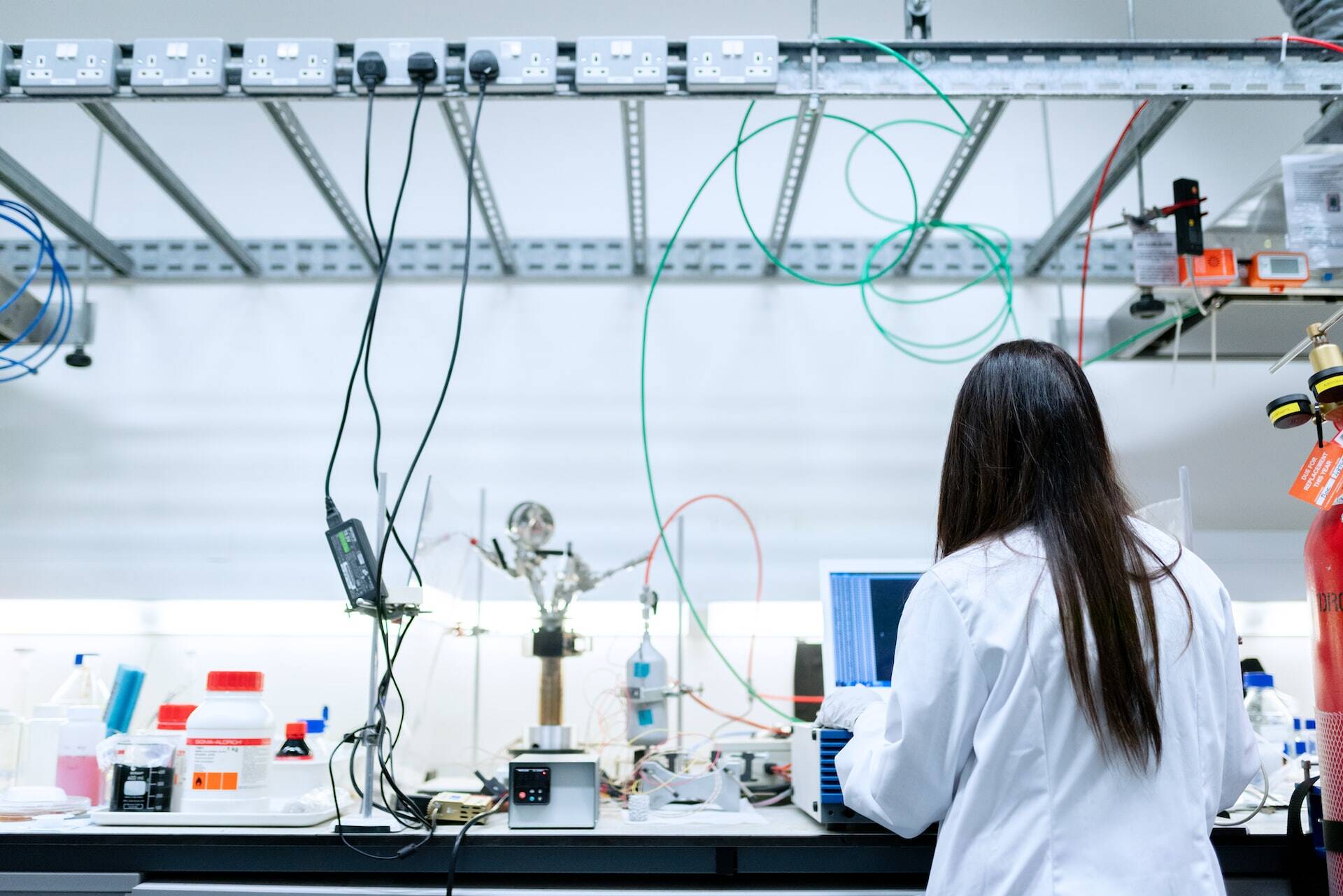Guidance for merged R&D scheme published
Companies claiming tax relief for research and development (R&D) will need to use the new merged scheme for accounting periods starting on 1 April 2024. Guidance on the new scheme has now been published. What are the key changes?

For accounting periods beginning before 1 April 2024, smaller companies could access a separate R&D scheme. Historically, this has been more generous than the relief available to large companies. Under the new scheme, SMEs will use the same framework as large companies to claim R&D expenditure credits (RDEC), unless they qualify for the narrowly drawn intensive scheme.
The main difference a small company will need to be aware of is the mechanics of the claim. The merged RDEC scheme involves adding a taxable credit to profits, then deducting it from the corporation tax liability. The SME scheme was a simple enhanced deduction. There are other changes too though. You will need to be aware of the rules regarding subcontracted expenses if you want to include these costs in your claim. There are also restrictions on the relief, e.g. relative to the company’s PAYE liability.
The new guidance is a handy overview and starting point. However, if your claim isn’t straightforward it is advisable to seek specialist advice.
Related Topics
-
Directors’ fees - can you escape PAYE?
You’ve been asked to join the board of a company in a purely advisory role. For tax and NI efficiency you want your fees to be paid to your own company. Does this arrangement fall foul of HMRC’s off-payroll rules?
-
P46 (car) deadline
-
Filing deadline for self-assessment tax returns

 This website uses both its own and third-party cookies to analyze our services and navigation on our website in order to improve its contents (analytical purposes: measure visits and sources of web traffic). The legal basis is the consent of the user, except in the case of basic cookies, which are essential to navigate this website.
This website uses both its own and third-party cookies to analyze our services and navigation on our website in order to improve its contents (analytical purposes: measure visits and sources of web traffic). The legal basis is the consent of the user, except in the case of basic cookies, which are essential to navigate this website.